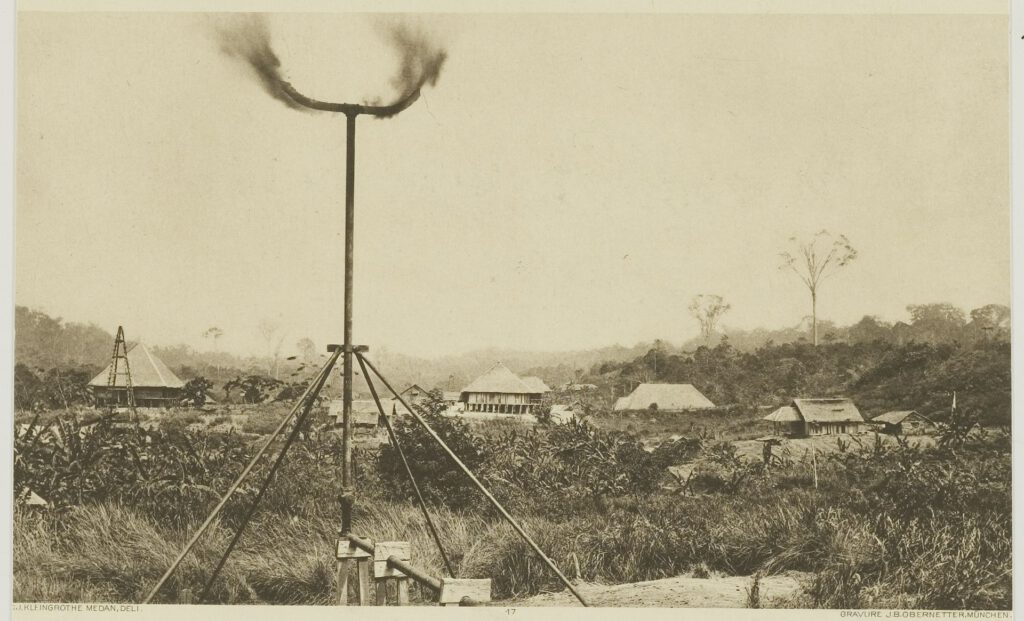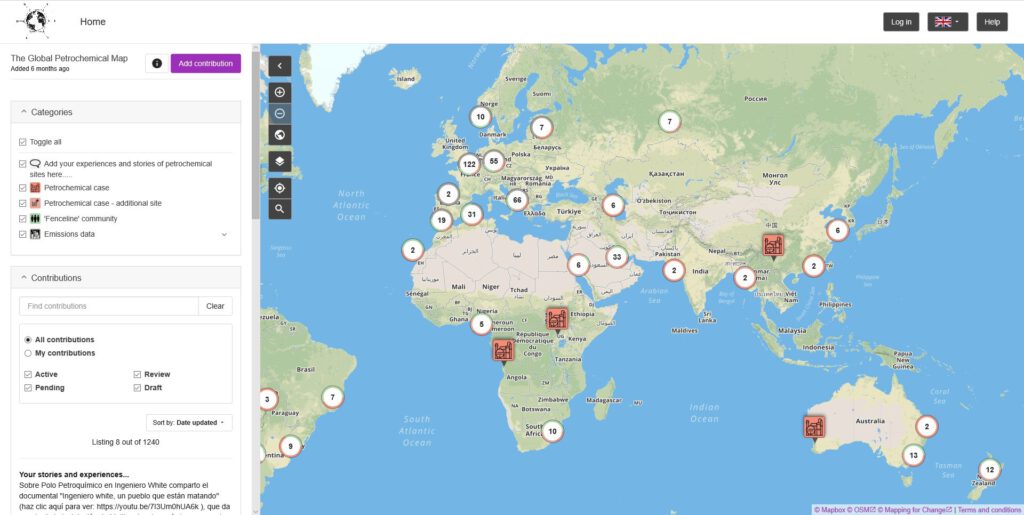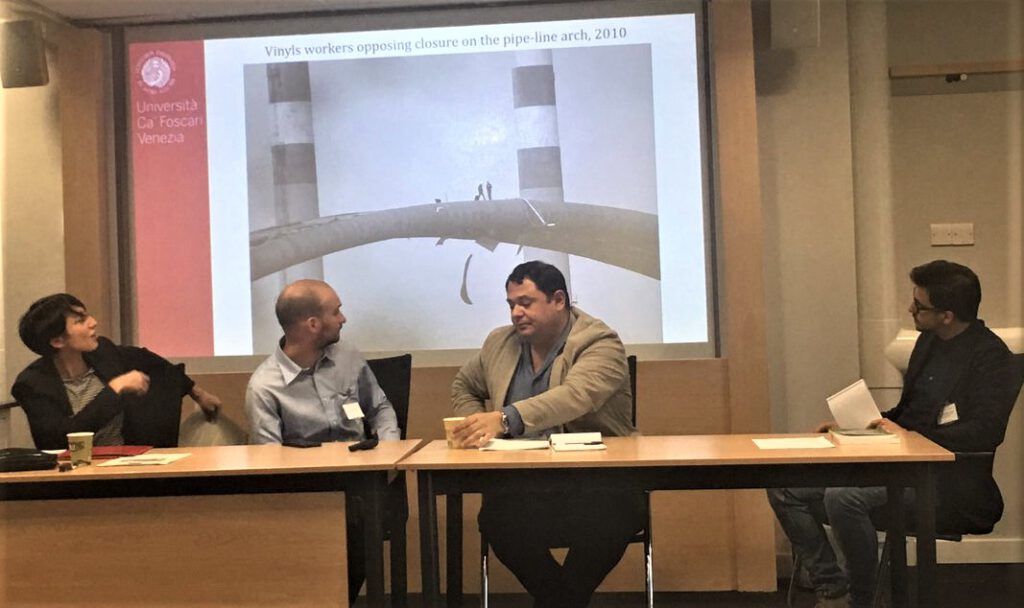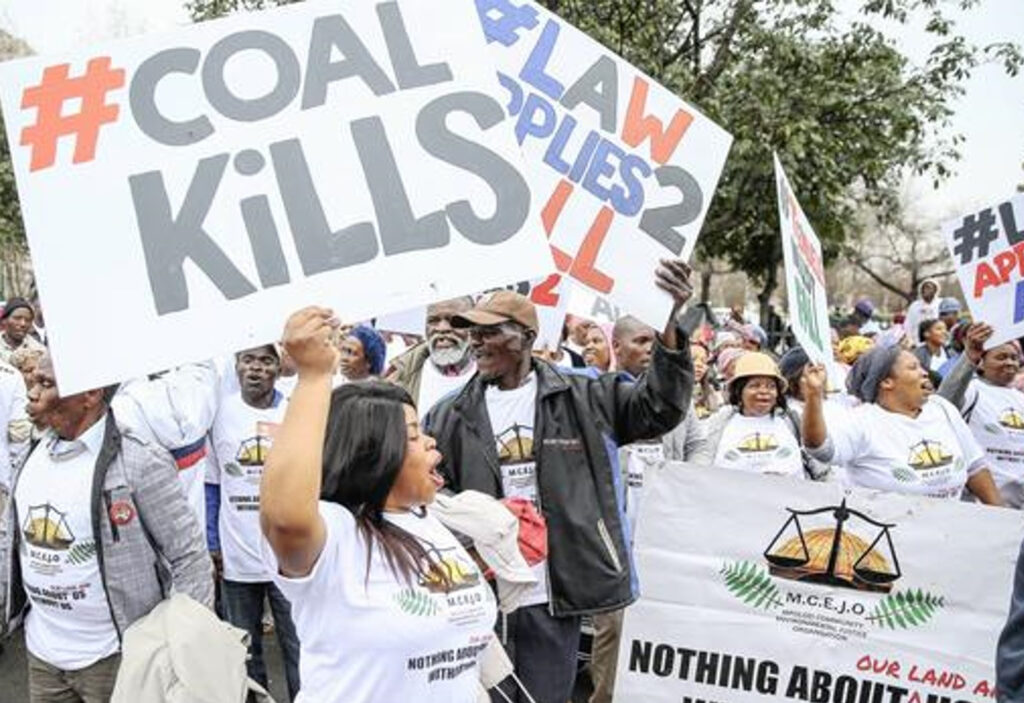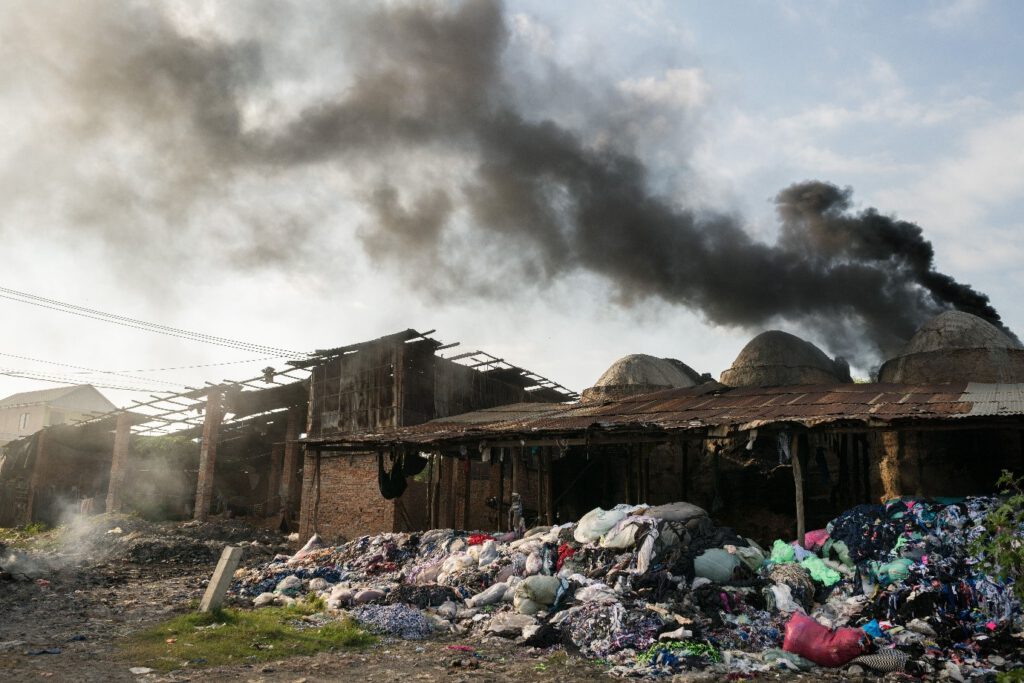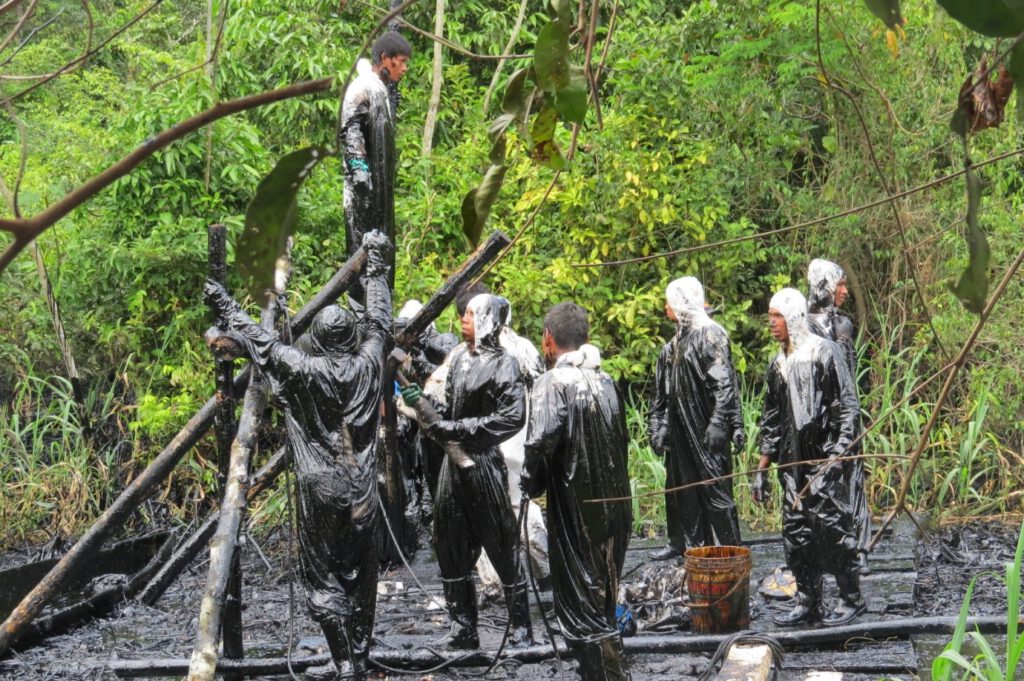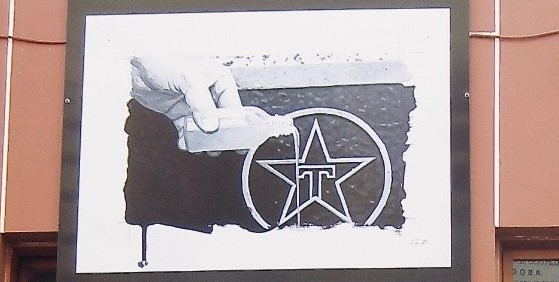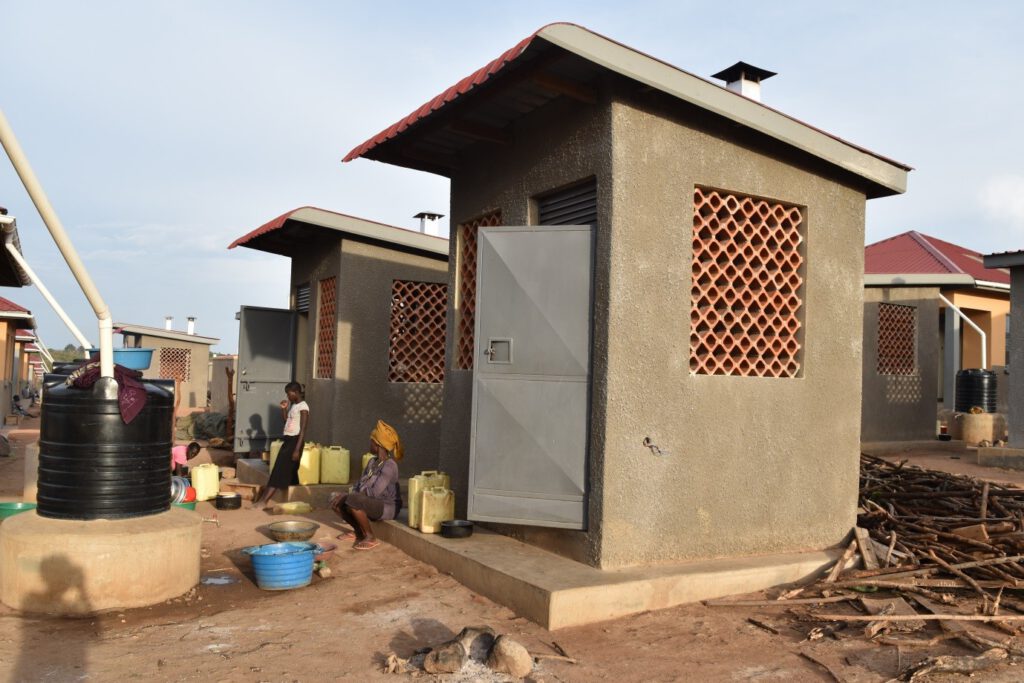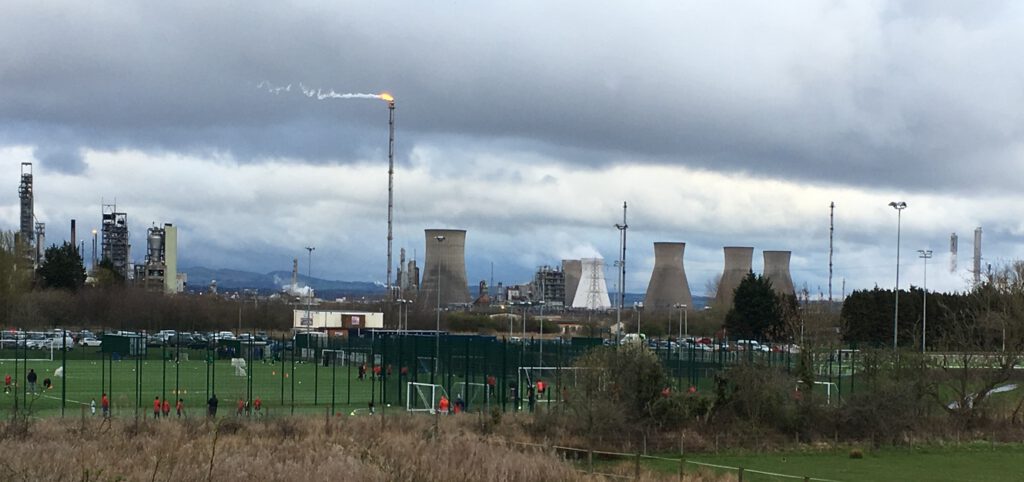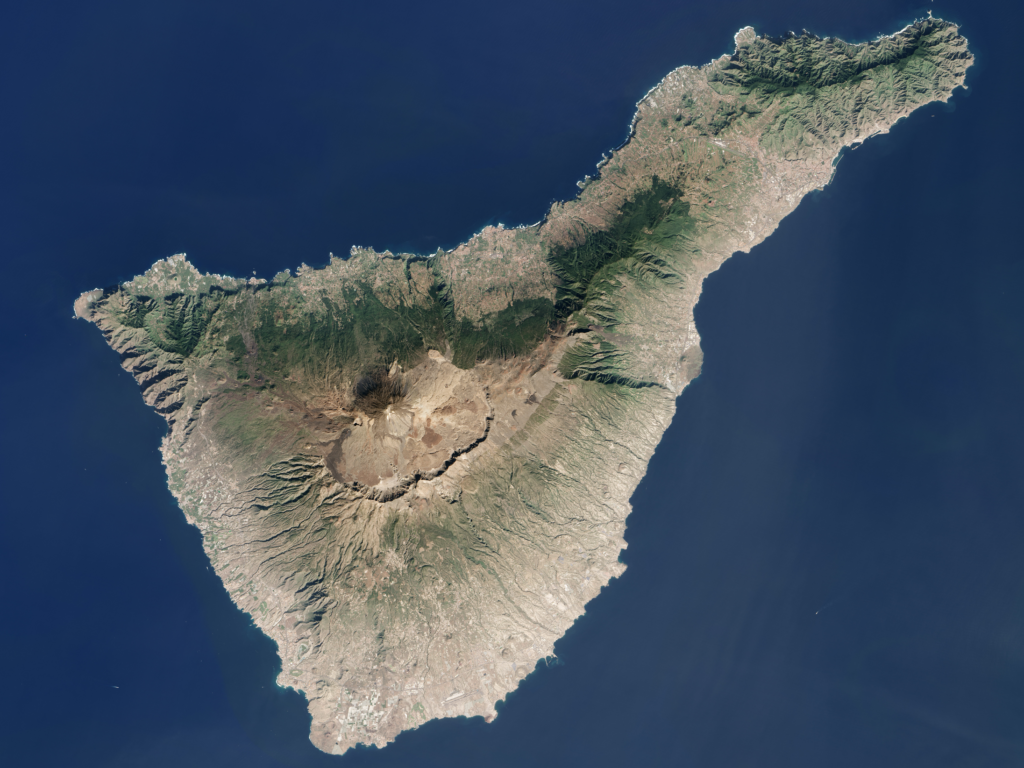Editorial: Environmental Justice in the Global South: Uneven Geographies of Extractivism, Industrial Pollution and Toxicity
David Brown, University of Warwick The environmental justice paradigm has its origins in the United States in the 1980s, as a social movement which aimed to tackle the uneven distribution of toxic waste sites and polluting industries located in minority and socio-economically deprived neighbourhoods. Much of the early environmental justice research focused efforts on issues, […]
